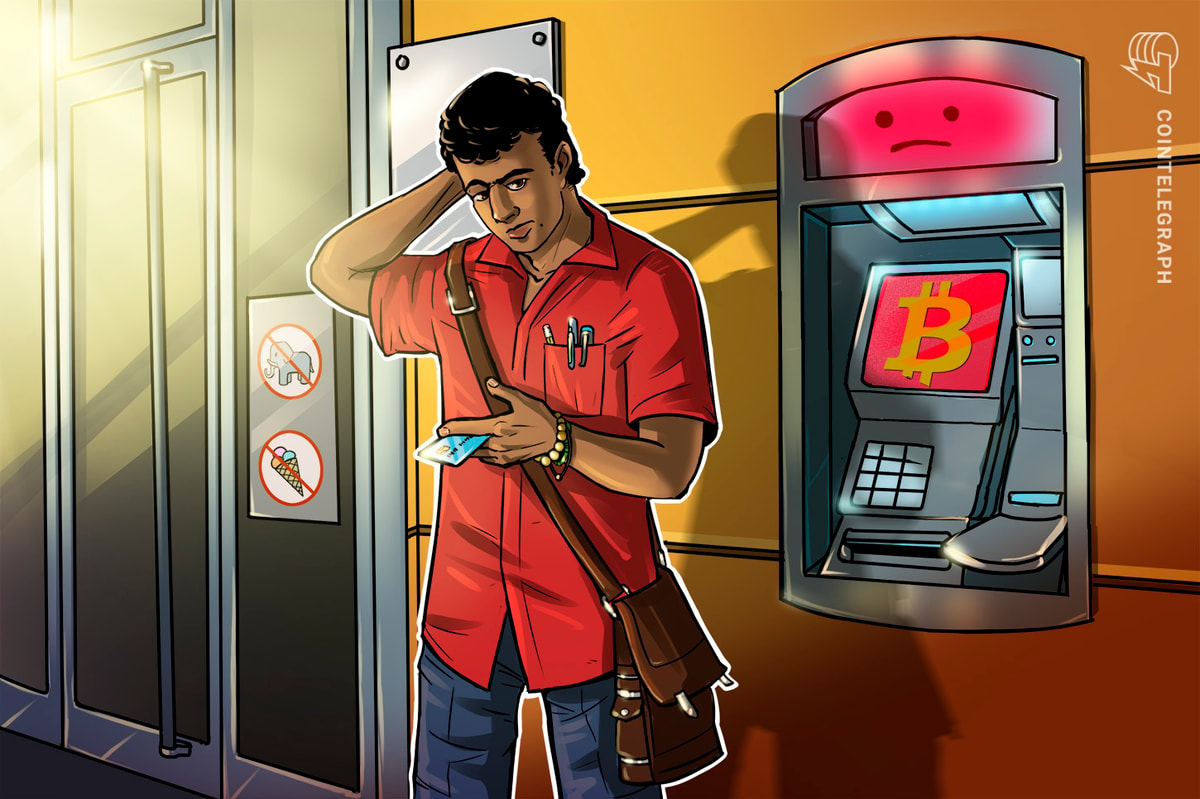During an interview with China Central Television (CCTV), a predominant state television broadcaster, L H Li, the former governor of Bank of China, one of the largest banks owned by the Chinese government, and member of the People’s Congress, stated that the Chinese central bank should try to regulate Bitcoin companies and users rather than attempting to stop the adoption of Bitcoin.
Can anyone or anything actually “kill” Bitcoin?
Bitcoin runs on a peer-to-peer and decentralized architecture with the absence of centralized government and authority. Anyone within the network can initiate a transaction and payments are confirmed, verified and embedded into the public Blockchain by miners around the world.
The Bitcoin network can’t be banned, blocked, censored and taken over, due to its unprecedented security measures represented by its hash rate.
Li understands that the decentralized architecture which underpins the Bitcoin network is ungovernable.
He emphasized during an interview broadcasted by CCTV that it is virtually an “impossible task” to stop or “kill” the Bitcoin network. He described Bitcoin as a network “built on a platform without national boundaries.”
Governments do, however, try to ban Bitcoin
In 2013, many governments including the Chinese government attempted to ban the usage of Bitcoin. It quickly led to a massive decline in the value of Bitcoin but recovered over time as users began to realize that the network is based on a peer-to-peer protocol and that the government has no authority over Bitcoin.
Governments started to develop similar awareness of Bitcoin to the general population. Three years later since its initial imposition of a nationwide “ban on Bitcoin,” PBoC decided to regulate the market and provide increased stability and reliability to users instead of unproductively striving to decrease mainstream adoption of Bitcoin.
New stage of relationship between regulators and Bitcoin exchanges
As a result, the Chinese Bitcoin exchange market has seen the formation of a healthy relationship between regulators and Chinese Bitcoin exchanges that are cooperating with each other in order to establish industry-wide standards and remain compliant with local regulations.
Noted by Li, the Chinese government and its central bank have moved on from their initial strategy of creating an inconvenient environment and ecosystem for users and businesses. Instead, it actually provided a regulatory framework which has better served the global Bitcoin exchange market, with the elimination of inflated trading volumes and margin trading.
Most of the requests Chinese regulators demanded local Bitcoin exchanges to comply with apart from the suspension of withdrawals for OKCoin and Huobi users have been relatively reasonable.
Bitcoin will prosper and continue to exist. Period.
The Central Bank of China believes that Bitcoin will prosper and continue to exist. It is at the advantage of regulators to monitor the growth of Bitcoin and assist the mainstream market adoption of the digital currency as bitcoin will become even harder to regulate and oversee if most of its trading and transactions are done in underground and over-the-counter markets.
Recently, Cointelegraph covered an article entitled “LocalBitcoins’ New Chinese Popularity Sparks Fears of PBoC Action,” which demonstrated the migration of traders from Huobi and OKCoin moving over to peer-to-peer and over-the-counter trading platform LocalBitcoins in fear of the suspension of trading.
Within hours after Huobi and OKCoin announced the temporary termination of trading, LocalBitcoins volume began to surge, representing the potential market for underground trading and over-the-counter deals.
In the near future, the Chinese Bitcoin exchange market will see the growth of a market that is widely accepted by the general population and is more reliable in terms of regulatory compliance.











